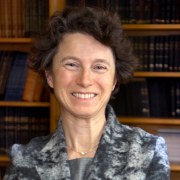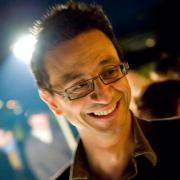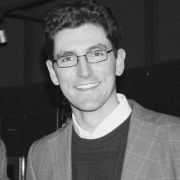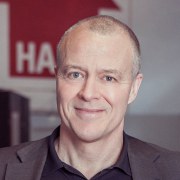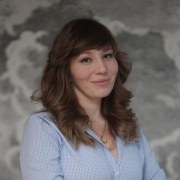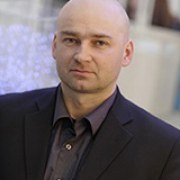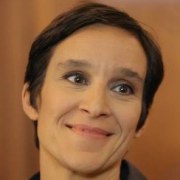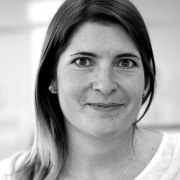The 2014 Ecsite Conference was hosted by Museon in The Hague, Netherlands. It welcomed 954 people from 48 countries around the "People, Planet, Peace" theme.
Resources
- Read the Final Programme.
- Pictures can be browsed through in the Ecsite Flickr account and videos watched on the Ecsite youtube channel.
- Discussions on Twitter can be viewed under the #Ecsite2014 feed.
- Download presentations (organised by session rooms)
- Pre-conference (20-21 May)
- Thursday 22 May
- Friday 23 May
- Saturday 24 May
- Read the feedback report.
More about the theme
Innovation, problem-solving, progress, adaptation, inclusion and resilience are terms associated with scientific inquiry, but they are also necessities for life in the 21st century. Science centres and museums channel the power and rationality of science to solidify their roles as socially inclusive and inspirational forums for learning.
We can continue to expand this People, Planet, Peace-oriented ethos in countless ways.
How can our institutions use exhibits, collections, design and marketing to make the science and technology of global challenges more accessible to audiences?
What about inter-generational learning? Are science centres and museums thinking about visitors of all ages when communicating the problems and possible solutions of our times?
Equipping visitors with physical tools to innovate by tinkering is an inspiring mode of engagement gaining greater momentum and pushing more people to seek solutions. Visitors are even **co-designing** exhibits and exhibitions. Our institutions demonstrate that people’s creative engagement with science is limitless.
We live in a world where making connection and sharing information is faster and easier than ever. Our institutions can form partnerships inside and outside the science communication field to realize projects for sustainable development and to reduce disparities between individuals and nations.
The success of science communication institutions relies in great part on the talent and motivation of human resources. Are we investing enough in the professional development of our people as a means to reach further with our visitors?
Facilitating a paradigm for peace and justice and embracing an open, multi-cultural society that stimulates social inclusion and equity are ideas that our institutions are learning to master.
Scientific culture is part of a sustainable future. From tackling water management and climate change adaptation to developing new technologies and quantum computing - all these advancements begin with public engagement with science and technology. Science centres, museums and all actors of the science communication field are not simply running businesses but are here to improve our world by sharing a world of knowledge.
News
Sessions archive
Browse the sessions from this Ecsite Conference.
Programme committee
- Chairperson
- Expert
- Expert
- Expert
- Expert
- Expert
- 2013 conference host representative
- 2014 conference host representative
- 2015 conference host representative
- Ecsite Office representative


